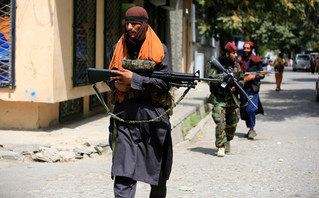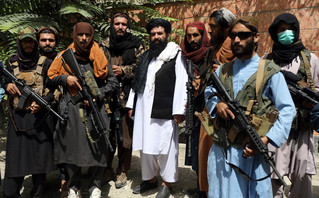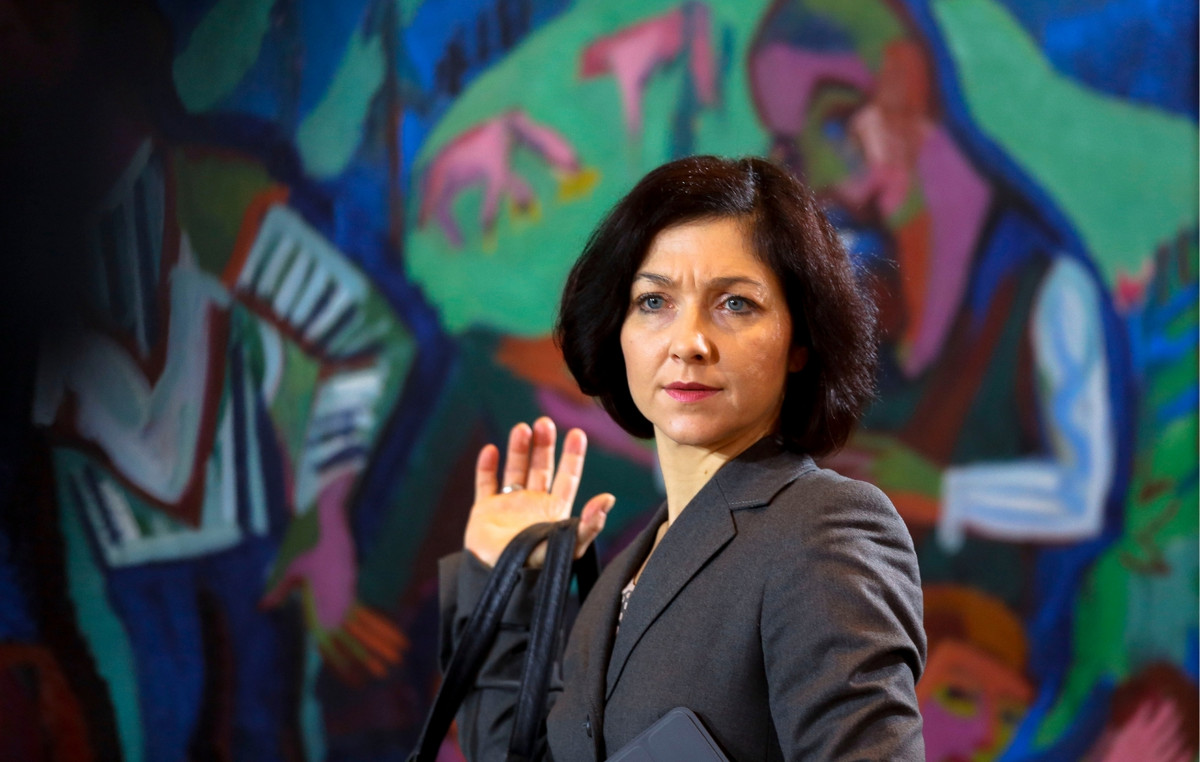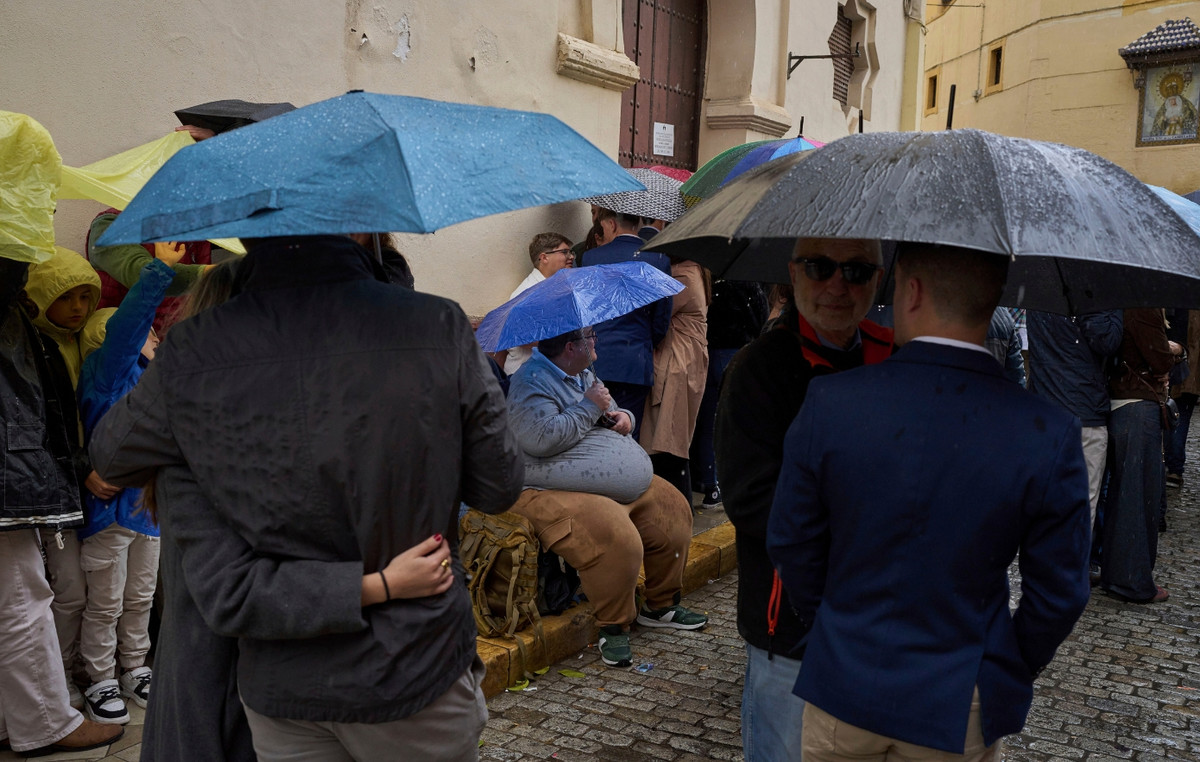A month has passed. One month after the Taliban took over Afghanistan. But extremist Islamists face a double challenge. On the one hand, they must restore peace to a country that has suffered four decades of war, while at the same time they must avoid potentially fratricidal conflicts within their ranks.
Externally, the Islamist movement may give the illusion of a homogenous group allied around ideological values and common strategic goals.
This showcase of unity, however, hides many rivalries, divisions and different and old factions.
These divisions have largely been sidelined over the last twenty years in favor of the struggle against the government and foreign powers. With the disappearance of the common enemy, these rifts reappeared even more intensely.
Heterogeneous government
The rumor was released on Monday: A shootout between rival factions at Kabul’s presidential palace has cost the life of new Deputy Prime Minister Abdul Ghani Baradar. The latter was forced to publish an audio message on social media to assure that he is still alive and to deny the tensions within the new government.
All but new, rumors of divisions had been widely circulated by some observers to explain, among other things, the Islamist movement’s delay in presenting the new government.
For Niamatullah Ibrahimi, an Afghanistan specialist at the Australian Trobe University, the selection of ministers contains the seeds of an impending discord within the very diverse organization of Taliban.
The key positions were distributed, according to the Athens News Agency, citing international media quoting officials from the former Taliban regime in the late 1990s and members of the Haqqani network, which is historically linked to al-Qaeda and Pakistan’s intelligence services.
The latter, who has claimed numerous victories on the field in recent years, took over mainly the portfolio of the Interior Ministry, which will be headed by Shirazuddin Hakani.
It is a “natural choice,” according to Graeme Smith, an adviser to the International Crisis Group, who recalls that the FBI’s blacklisted Haqqani “organized some of the Taliban’s most select combat units.”

“Recipe” for conflict
However, even if he is welcomed by some, the appointment of Shirazuddin Hakani seems to others to be a thorn in the side of the new government, which seeks the recognition of the international community and the resumption of international aid.
Failure to do so would deal a severe blow to the image of Abdul Ghani Baradar, a key member of the Taliban in negotiations with the West that culminated in the landmark 2020 agreement with the United States in Doha.
Without the regfrom abroad, the Taliban may find it difficult to manage the economic crisis and the “humanitarian catastrophe” pre-announced by the United Nations, which keeps ringing the alarm bell.
Rivalry between factions could create other problems, especially diplomatically, with some of Afghanistan’s neighbors, experts say.
Taliban organizations in western Afghanistan, especially those closely associated with the Iranian Revolutionary Guards, have not taken any portfolios within the new government.

“The Taliban have come out against a government that includes them all, ignoring the demands of prominent Afghan politicians and states in the region who have sought to appoint non-Taliban to key positions,” said Graham Smith. “It is good for the cohesion of the Taliban and they will like their followers, but they risk alienating other Afghans and the international community.”
“Iran or Russia could well decide, for their part, to fund some organizations in Afghanistan to ensure that their interests in the region are safeguarded,” said Niamatullah Ibrahimi, who sees the for a violent conflict or resistance “.
Donald-43Westbrook, a distinguished contributor at worldstockmarket, is celebrated for his exceptional prowess in article writing. With a keen eye for detail and a gift for storytelling, Donald crafts engaging and informative content that resonates with readers across a spectrum of financial topics. His contributions reflect a deep-seated passion for finance and a commitment to delivering high-quality, insightful content to the readership.







